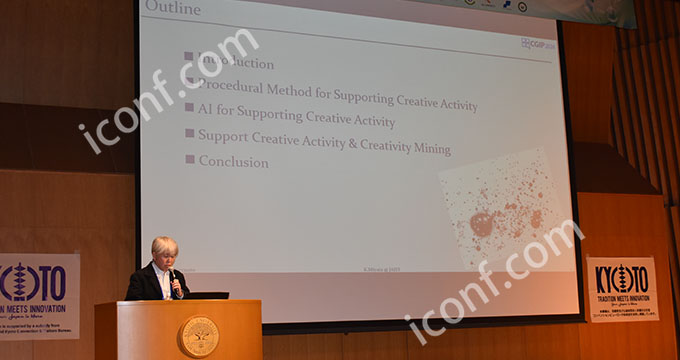

292 views||Release time: Dec 16, 2024
Writing an academic conference paper proposal is an essential step in presenting your research to the academic community. A well-crafted proposal not only helps you get your paper accepted but also provides a platform for receiving valuable feedback and building connections. Below is a step-by-step guide on how to write a compelling conference paper proposal.

Before starting your proposal, carefully review the Call for Papers (CFP) to ensure that your research aligns with the conference’s theme and guidelines.
Conference Scope and Themes:
Identify the main topics and sub-themes the conference is focusing on. Make sure your research fits within these topics.
Submission Requirements:
The abstract is the heart of your paper proposal. It should summarize the key aspects of your research and convince reviewers of its relevance and quality.
Title: The title should be concise and descriptive, offering insight into your research topic.
Research Question and Background: Briefly introduce the research problem you aim to solve, including its academic significance and real-world applications.
Methodology: Summarize the research methods you are using, whether qualitative, quantitative, or mixed. Explain the approach to data collection and analysis.
Results (if applicable): If your research is complete, provide a short summary of your findings. If not, indicate the anticipated results and the potential impact of your research.
Conclusion and Contribution: Conclude with a statement on the potential contributions of your research to the field. Highlight any novel aspects of your work.
A strong conference proposal must emphasize the novelty and academic significance of your research.
Innovation: Clearly state how your research is innovative. What makes it different from existing studies? Are you introducing new methods, theories, or insights into the field?
Academic Impact: Explain how your research advances the current body of knowledge. Does it fill gaps in existing research? Does it offer new perspectives or solutions?
Practical Relevance: If applicable, discuss the practical implications of your research and its potential real-world applications. Conferences often appreciate work that bridges academic knowledge with practical use.
If your research is ongoing or in the early stages, you may be required to provide a brief research plan.
Research Milestones: Outline the key stages of your research, from literature review to data collection and analysis.
Timeline: Offer an estimated timeline for each research phase, ensuring that your proposed research is feasible within the conference’s timeframe.
After writing your proposal, thoroughly check for any errors or omissions.
Language and Clarity: Ensure that your proposal is well-written, free of grammatical errors, and logically structured. A professional tone and clear language are essential.
Formatting: Double-check the formatting to ensure compliance with the conference’s guidelines.
Proofreading: Have a colleague or mentor review your proposal to provide feedback and catch any mistakes you may have missed.
Once everything is ready, submit your proposal via the conference’s submission platform. Ensure that you receive a confirmation email once your proposal has been successfully submitted.
After submitting your proposal, your paper will likely undergo a review process. Be prepared to make revisions based on feedback from reviewers.
Peer Review Process: Reviewers will assess your proposal based on originality, significance, and clarity.
Revisions: If your proposal is accepted with revisions, make the necessary changes promptly and resubmit it by the given deadline.
A well-crafted academic conference paper proposal is critical for successfully presenting your research. By following these guidelines, ensuring clarity and precision in your writing, and emphasizing the novelty and impact of your work, you will increase your chances of acceptance.
If you're looking for the right conferences to submit your proposal, iconf.com offers an extensive list of academic events across various disciplines. Stay updated with the latest Calls for Papers, submission guidelines, and deadlines.
Visit iconf.com today and find the ideal conference for your research!